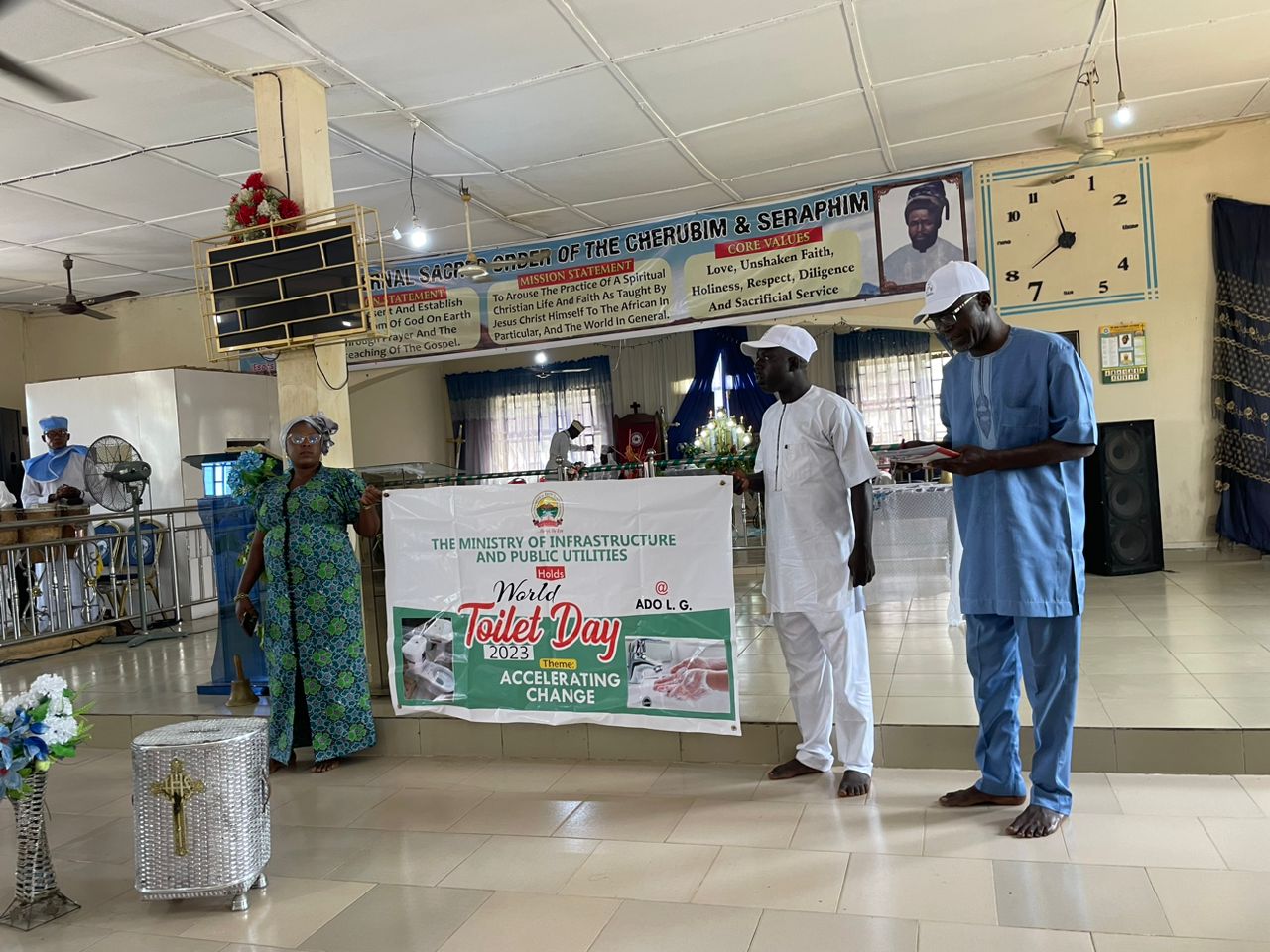By Nudoiba Ojen
“Unlawful benefits are not always pecuniary and it is disheartening that sexual gratification has become a form of ‘illegal tender’ in many institutions”
The Independent Corrupt Practices and Other Related Offences Commission (ICPC) has said that sexual harassment constitutes a corrupt practice that attracts imprisonment of not less than seven years.
ICPC Secretary, Mr Clifford Oparaodu, whobsaid that the commission regarded sexual harassment as a corrupt practice, harped on the need for victims to know their rights and how to seek justice.
Oparaodu, speaking on Thursday in Abuja at a one-day sensitisation workshop on ‘Sexual Harassment in Tertiary Institutions’, expressed concern that sexual gratification has become a form of “illegal tender” in many institutions.

The ICPC scribe said, “Sexual harassment is a form of corruption. It is a deviation from the norm for an official to use his/her office or position to demand, receive, obtain or attempt to obtain any form of sexual gratification for him to perform his duties.
“Ideally, official duties ought to be carried out with integrity, good conscience and diligence, without the expectation of any unlawful benefit.
“Section 2(f) of the ICPC Act states that gratification includes any service or favour of any description.
“Section 8 of the ICPC Act states: ‘Any person who corruptly asks for, receives, or obtains any property or benefit of any kind for himself or any other person, is guilty of an offence of official corruption and is liable to imprisonment for seven years.’

“It is pertinent to note that unlawful benefits are not always pecuniary and it is disheartening that sexual gratification has become a form of ‘illegal tender’ in many institutions.
“Staff members have been found to use their office to demand and receive sexual benefits from other staff and students in exchange for good grades or other favours,” Oparaodu said.
The ICPC scribe, who regretted that due to the fear of stigmatisation or further victimisation, many targets of such demands are forced to succumb, said, “This is in order to avoid dire consequences and denial of benefits to which they may ordinarily even be entitled.
“The culture of silence has allowed sexual harassment to thrive, but ICPC is working relentlessly to ensure that with sensitisation and appropriate policy implementation, this culture would gradually change,” he said.

He said that ICPC was determined to end the ugly practice as it had established a Sexual Harassment Unit with focus on prevention of sexual harassment in tertiary and secondary institutions.
He said the commission’s move would help the country to address the issue of sexual gratification and abuse of office and power by officials.
The ICPC scribe said that the purpose of the workshop was to educate students about how to easily contact the ICPC, report harassment, and gather evidence in a way that would aid the commission’s investigations.
Other speakers at the workshop included the Deputy Director of Proceed of Crime Department at the ICPC, Mr. Adenekan Shogunle; the Assistant Director of Legal Unit at ICPC, Mrs Peace Aroch; and the Policy Lead, Gender for Mobile Initiative, Sarah Egbo.
Egbo, who urged institution leaders to demonstrate a strong commitment to addressing sexual harassment, also called for the involvement of institutions in policy development and implementation, ensure transparency in reporting, investigation and decision making.




